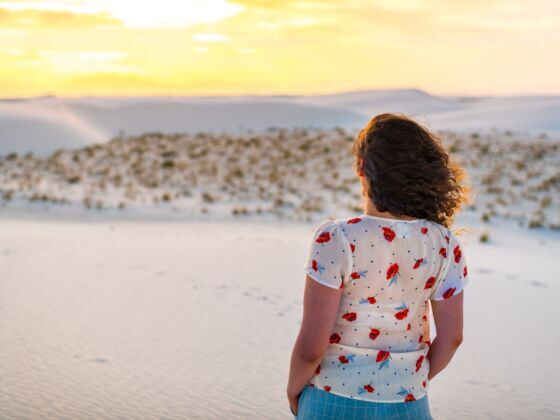I met Julia on a river cruise in Tasmania. A naturopath and hypnotist by profession, Julia looked like any other sixty-something Melbournite, so it took me by surprise when I discovered she was on a month-long bush camping journey through Tasmania – on her own.
“My husband doesn’t like bush camping, so I left him at home,” she said. “He needs to be in close vicinity to cappuccinos at all times.”
